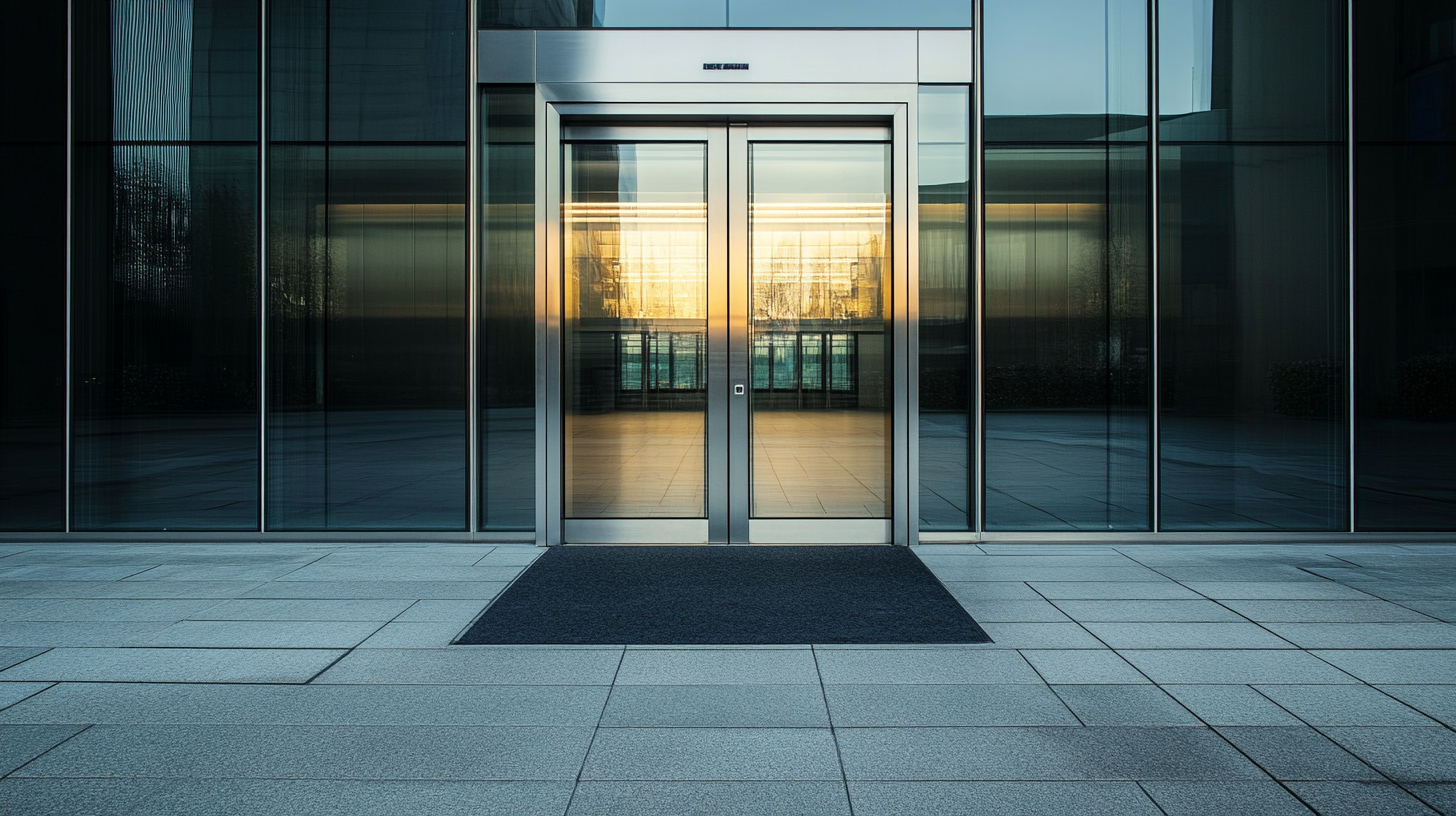Contact Us
STATEN ISLAND FIBERAMA
STATEN ISLAND FIBERAMA
When it comes to enhancing the functionality and aesthetics of your commercial space, choosing the right sliding door can make all the difference. Whether you are looking to create a seamless transition between indoor and outdoor areas or simply want to maximize space efficiency, the sliding door you select must align with your specific business needs. With an array of materials, designs, and features available, navigating the options can be overwhelming. However, understanding the key elements to consider can significantly simplify the decision-making process.
In this blog, we will reveal seven essential secrets to help you choose the perfect sliding door for your business. From assessing the architectural style of your premises to evaluating the practical requirements for traffic flow and security, our insights will guide you through the critical factors that influence your choice. By the end of this article, you will be equipped with the knowledge to select a sliding door that not only enhances the character of your establishment but also serves its intended purpose effectively.

When selecting the ideal sliding door for your business, striking a balance between aesthetics and functionality is crucial. A sliding door serves as a visual entry point, setting the tone for your brand while also facilitating seamless movement throughout the space. Consider the architectural style of your business; a modern glass sliding door may augment a contemporary office, while a rustic wooden option could enhance the charm of a cozy café. The design should complement the surroundings, ensuring that it is not only inviting but also reflective of your company's identity. Functionality, however, must remain paramount. High-traffic areas demand doors that open and close smoothly and are durable enough to withstand daily use. Look for materials that offer longevity and protection against wear, such as tempered glass or heavy-duty aluminum. Moreover, consider the door’s insulation properties and security features, as these elements can significantly impact your energy efficiency and overall safety. By prioritizing both aesthetic appeal and practical performance, you can select a sliding door that enhances your workspace while meeting the functional needs of your business.

When selecting the perfect sliding door for your business, understanding the energy efficiency ratings is crucial. These ratings not only determine the door's insulation properties but also significantly influence your operational costs. In an era where energy consumption is under scrutiny, opting for a door with high energy efficiency can minimize electricity expenses and enhance sustainability efforts. As businesses strive to maintain competitive edges, making informed choices about energy-efficient products has never been more important.
The rise of AI data centers showcases how energy demands can escalate rapidly, putting pressure on existing power grids. With AI playing a pivotal role in operational efficiency, the need for energy-efficient solutions becomes increasingly clear. By investing in sliding doors that offer better insulation and reduced air leakage, companies can lower their cooling and heating costs, especially in environments where climate control is essential. Furthermore, products that conform to the latest energy efficiency standards reflect a commitment to corporate responsibility, an attractive aspect for modern consumers and investors alike.
In a landscape that prioritizes sustainability, innovative solutions in energy management should not be overlooked. Upgrading physical assets, such as sliding doors, to those with superior energy ratings can contribute to a more sustainable operational model while also addressing the rising costs associated with traditional energy sources. Embracing such strategies not only leads to financial savings but also positions businesses as leaders in eco-conscious practices, enhancing their reputation in a competitive market.

When selecting a sliding door for your business, the choice of material is paramount. Different materials offer varying levels of durability and maintenance requirements, which can significantly affect the door's longevity and operational efficiency. For instance, aluminum sliding doors are known for their strength and lightweight properties, making them ideal for high-traffic areas. They require minimal maintenance—a simple cleaning routine is often enough to keep them looking new and functioning smoothly. However, they may not provide the best insulation compared to alternative options.
On the other hand, vinyl sliding doors offer excellent thermal efficiency and come in a variety of styles. While they are resistant to rust and corrosion, they may not be as durable as metal options when exposed to heavy impact. For businesses in harsh climates, a fiberglass sliding door could be the perfect solution. Fiberglass is incredibly weather-resistant, ensuring that the door maintains its integrity over time without significant upkeep. It’s essential to weigh these factors carefully, as the right material not only aligns with your aesthetic preferences but also supports the functionality and longevity of your sliding door system.
Lastly, wood sliding doors, while providing a classic, elegant appearance, require more maintenance to prevent warping and damage from moisture. They can be a beautiful addition to your business but necessitate regular care and possibly refinishing every few years. Understanding the trade-offs between these materials will help you make an informed decision that suits both the operational demands and visual identity of your business.

When selecting a sliding door for commercial spaces, safety features must be a top priority, ensuring security without sacrificing accessibility. According to a report from the American Society for Testing and Materials (ASTM), over 25% of accidents in commercial settings are related to poorly designed entryways. Hence, choosing the right sliding door involves integrating robust safety features that protect both staff and customers while facilitating smooth access.
Modern sliding doors often incorporate advanced locking mechanisms, which enhance security. The report by the Door and Hardware Institute (DHI) highlights that the use of multi-point locking systems can decrease unauthorized access attempts by up to 40%. Additionally, tempered or laminated glass options not only provide a sleek aesthetic but also offer greater resistance to break-ins. These enhancements ensure that businesses strike the right balance between an inviting atmosphere and a strong security posture.
Another critical aspect to consider is accessibility compliance. The Americans with Disabilities Act (ADA) mandates that commercial entries must be accessible to all individuals, including those with disabilities. Sliding doors equipped with automatic openers can significantly enhance accessibility. The DHI states that businesses with automatic sliding doors can see a 20% increase in customer satisfaction as they provide an effortless entry and exit for all patrons, including those using wheelchairs or carrying heavy items.
Choosing the perfect sliding door for your business is a multifaceted decision that requires careful consideration of both safety and accessibility features. By prioritizing these aspects, companies can create a secure, welcoming environment that caters to the diverse needs of their clientele.
When considering the installation of sliding doors for your business, a thorough cost-benefit analysis is essential for making an informed decision. The initial investment in high-quality sliding doors may seem daunting, but evaluating the long-term economic advantages reveals their potential to enhance operational efficiency and aesthetic appeal. These doors can contribute to energy efficiency by minimizing air leaks, which can lead to significant cost savings on heating and cooling bills over time.
Moreover, the right sliding doors can improve customer experience. For businesses that rely on foot traffic, such as retail stores and restaurants, the convenience and accessibility offered by sliding doors can attract more customers. This increased consumer traffic can translate into higher sales and revenue, thus justifying the initial costs. Additionally, the durability and low maintenance requirements of premium sliding doors can further enhance their value proposition, reducing long-term operational expenses.
As you assess your options, consider not only the upfront price but also the potential return on investment. Factors such as enhanced security, improved ambiance, and increased space utilization can all integrate into your overall profitability. By weighing both the tangible and intangible benefits against the cost, you can make a strategic choice that supports both your immediate needs and long-term business goals.
© 2025 Fiberama All Rights Reserved.
